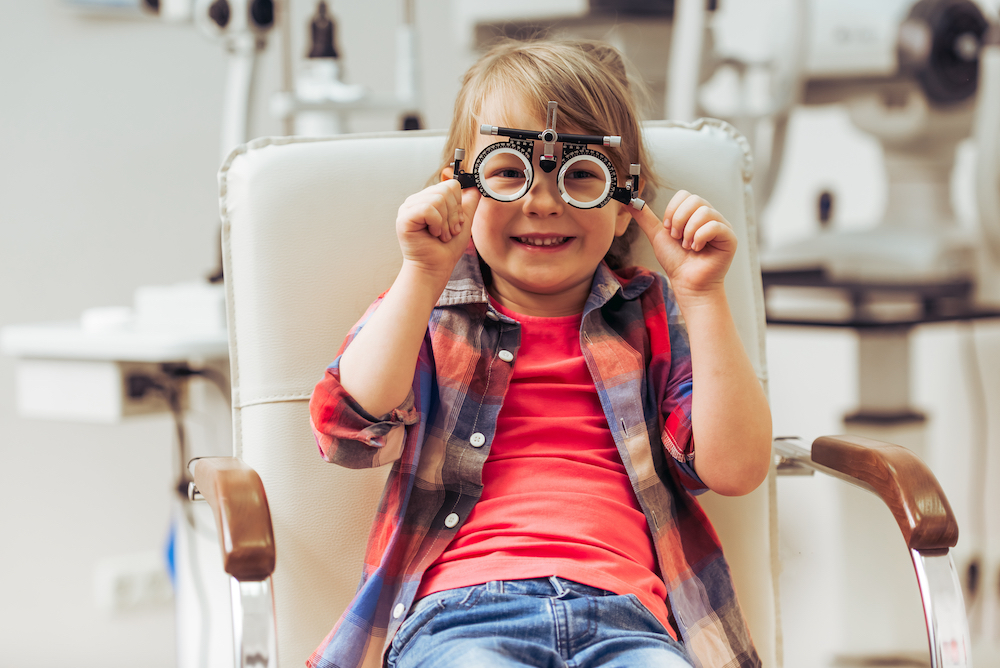
It's vital to schedule eye exams for small newborns and children early in life. This is because some early eye issues can impact their eyesight for the rest of their life. Early detection of a disease or condition can prevent a minor vision issue from developing into a severe problem that is more difficult to address.
Why are Pediatric Eye Exams Important?
Ensuring your child's eyes are healthy includes having regular eye exams. Eye exams are the only way to identify visual issues that could make studying challenging and compromise safety. Children must be able to see and focus on various distances to learn.
Only an ophthalmologist or optometrist should examine your eyes. Your pediatrician or family doctor can perform a basic eye and vision examination of your child. Still, it is not a substitute for an eye exam by an eye doctor.
When Should Your Child Have Their First Eye Exam?
To ensure your child’s eyes grow normally, eye professionals advise that infants receive their first eye examination at six months. You must take your child for another eye exam after this one every year, or at the very least by the time they are two or three years old, and once more before they start school.
What Tests Will the Eye Doctor Perform?
Under One Year Old
In infants under a year old, the doctor will examine the following:
Nearsightedness is sometimes referred to as myopia. It indicates that while your child can see up close, objects far away are hazy.
Farsightedness is also referred to as hyperopia. They can see clearly from a distance, but close-up details are hazy.
Astigmatism. When someone has astigmatism, their eye is not shaped properly, which causes everything to appear somewhat blurry.
Pupil responses. With this test, you can see how your baby's pupils respond to light by watching how they open and close.
Fixate and follow. This examination will evaluate your infant's capacity to fixate on and track a moving object. Compared to the ability to follow an object, the ability to concentrate on an object normally appears within the first month of life.
Preferential looking. The eye doctor will use specially designed cars, usually stripped on one side and blank on the other. This helps catch the baby's attention and helps the doctor evaluate your baby's vision.
Children Two to Five Years Old
Children are learning to stack blocks, cut paper, color, draw, construct with Legos, play with balls, and others at this age.
Typically, a comprehensive examination for young children includes testing for:
Visual acuity
Stereopsis (3D vision)
Convergence
Lazy eye
Eye tracking
Eye health
Color vision
These visual abilities are crucial for an infant's healthy growth and for preparing them for the coming school years.
For more on when your child should have their first pediatric eye exam, visit Ives Family Eye Care at our office in Miami, Florida. Call (786) 829-7480 to book an appointment today.






